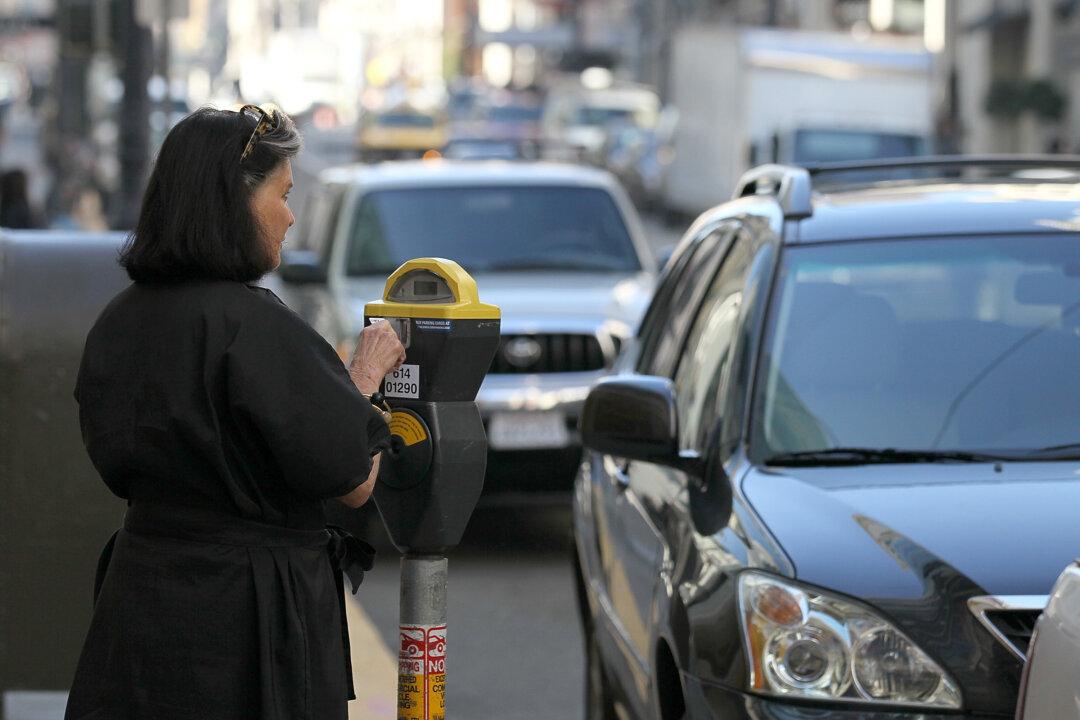With San Francisco Mayor London Breed warning of a looming $500 million budget deficit, city records reveal half of the money needed to close the gap can be accounted for in unpaid parking citations.
More than $213 million is owed to the city for parking tickets issued between Jan. 1, 2018, and Sept. 24, 2023, according to San Francisco Municipal Transit Authority records requested and reviewed by The Epoch Times.





